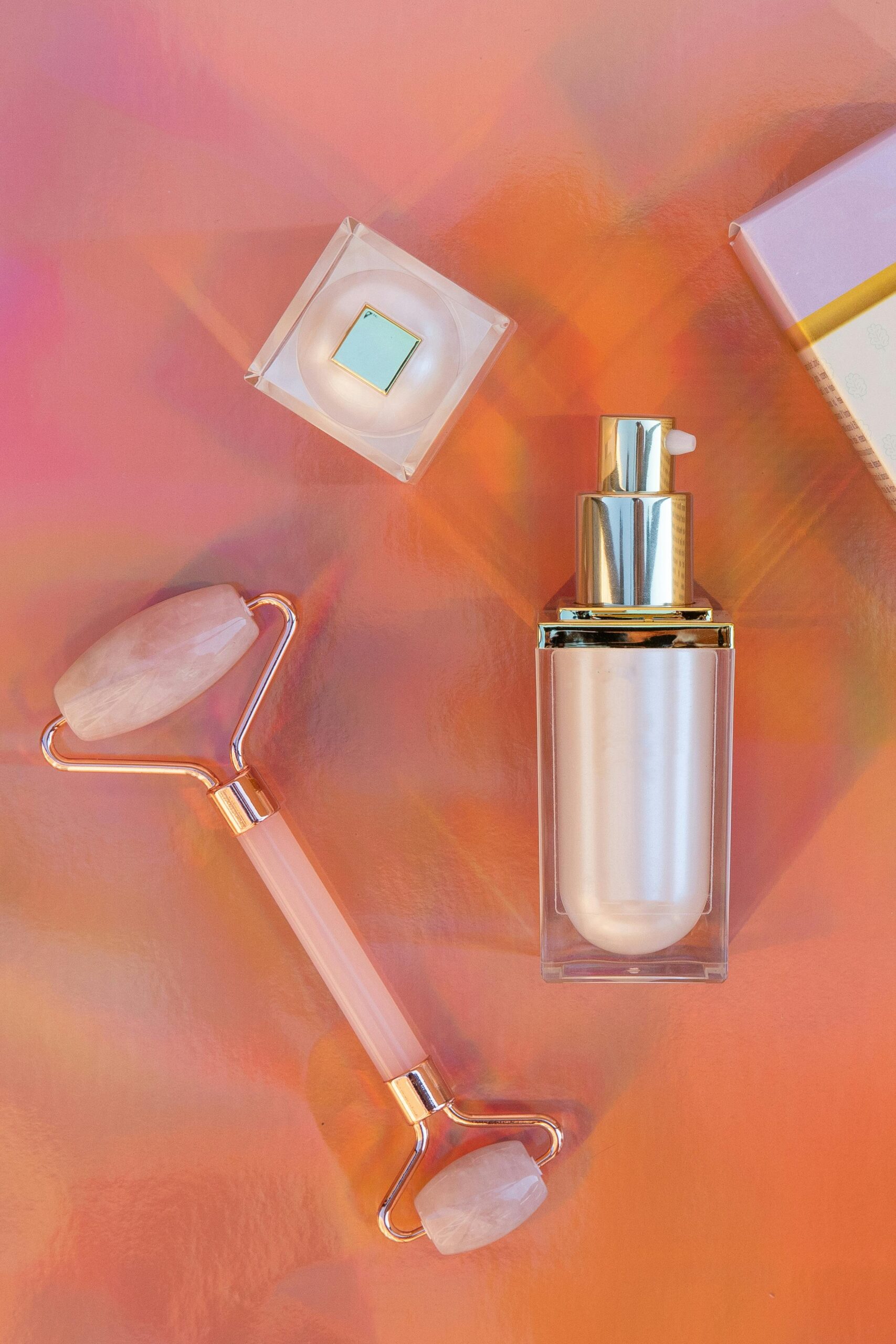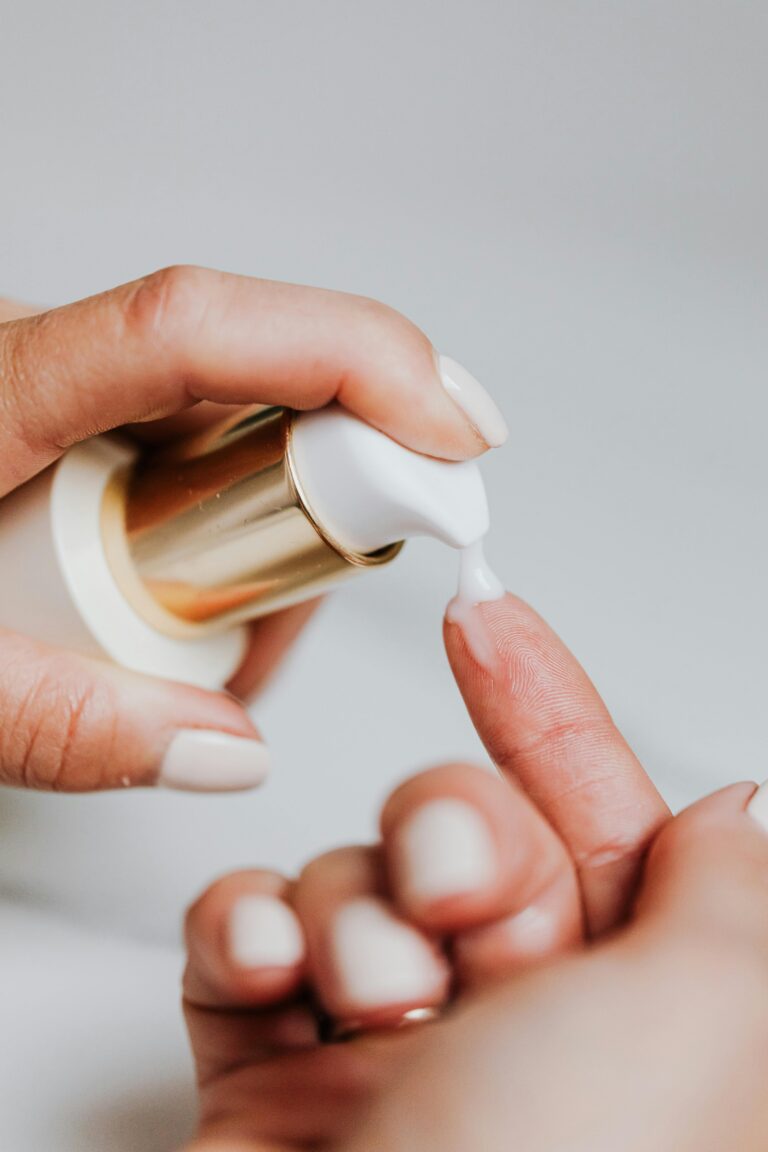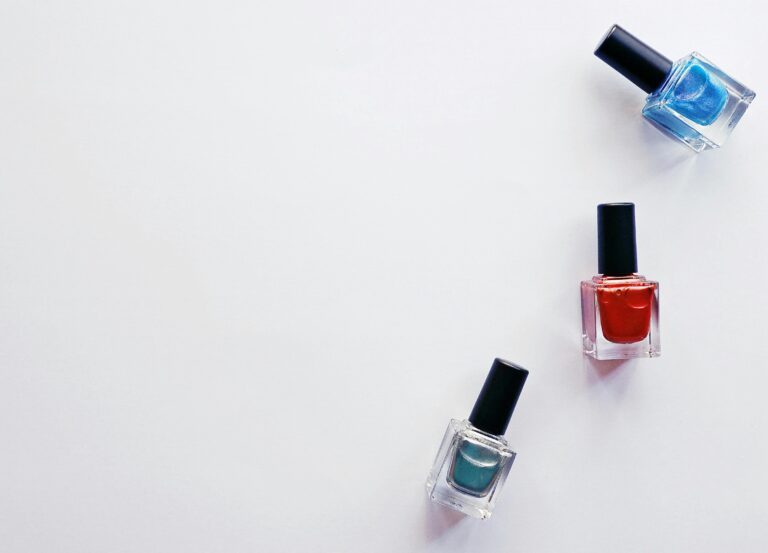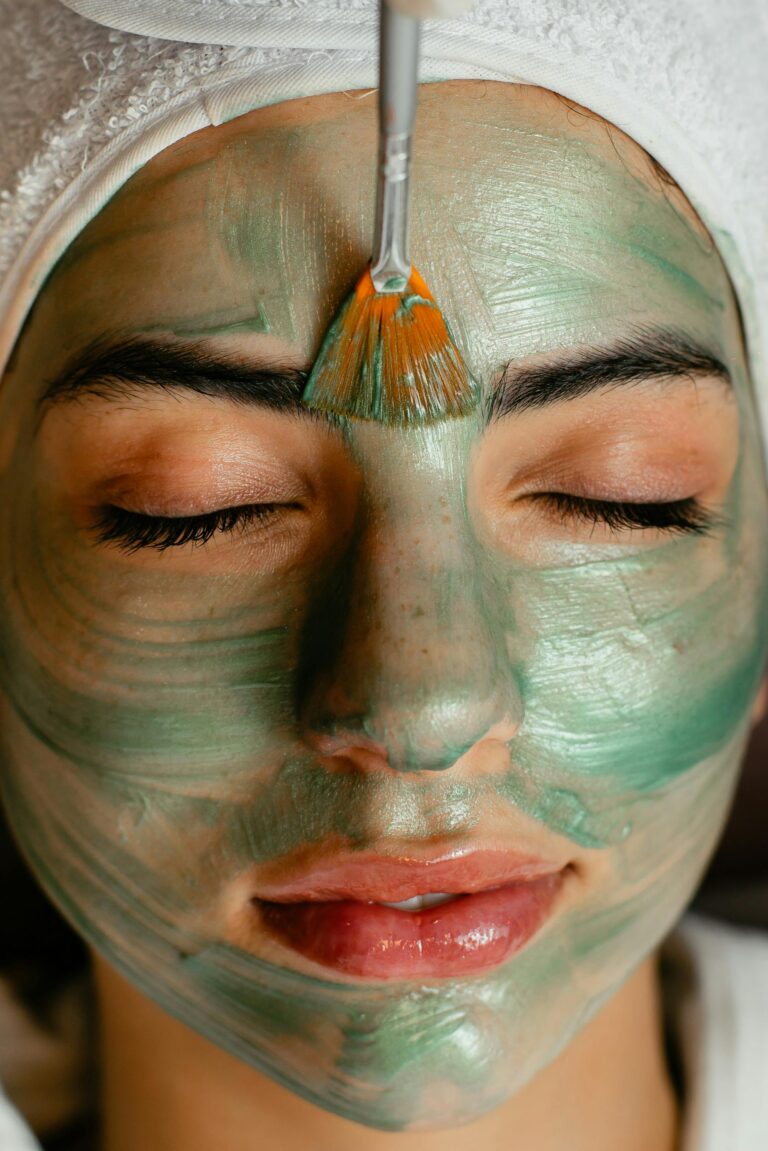Salmon Sperm in Skincare? What PDRN Actually Does for Your Skin
PDRN serums are suddenly everywhere – from K-beauty posts to clinical-looking ampoules. But what is PDRN, and why are people putting salmon sperm on their skin?
What You’ll Learn
- What PDRN is
- How ethical and sustainable PDRN is
- PDRN alternatives
- PDRN effectiveness and benefits
PDRN: A DNA Derived Ingredient
PDRN (Polydeoxyribonucleotide) is a natural compound derived from salmon sperm (yes, you read that right). PDRN is a type of polynucleotide, a molecule made up of DNA fragments that play a key role in cellular regeneration. Polynucleotides are the building blocks of DNA and RNA, which means they play a crucial role in different cellular processes (like regeneration). In skincare, PDRN has been studied for its ability to stimulate collagen production, improve skin elasticity, and reduce inflammation.
Did You Say Salmon Sperm?
Yes, I did. The good news is that you’re not actually spreading salmon sperm all over your face. PDRN is created by mixing highly active ingredients that are extracted from salmon sperm and combined with polynucleotides.
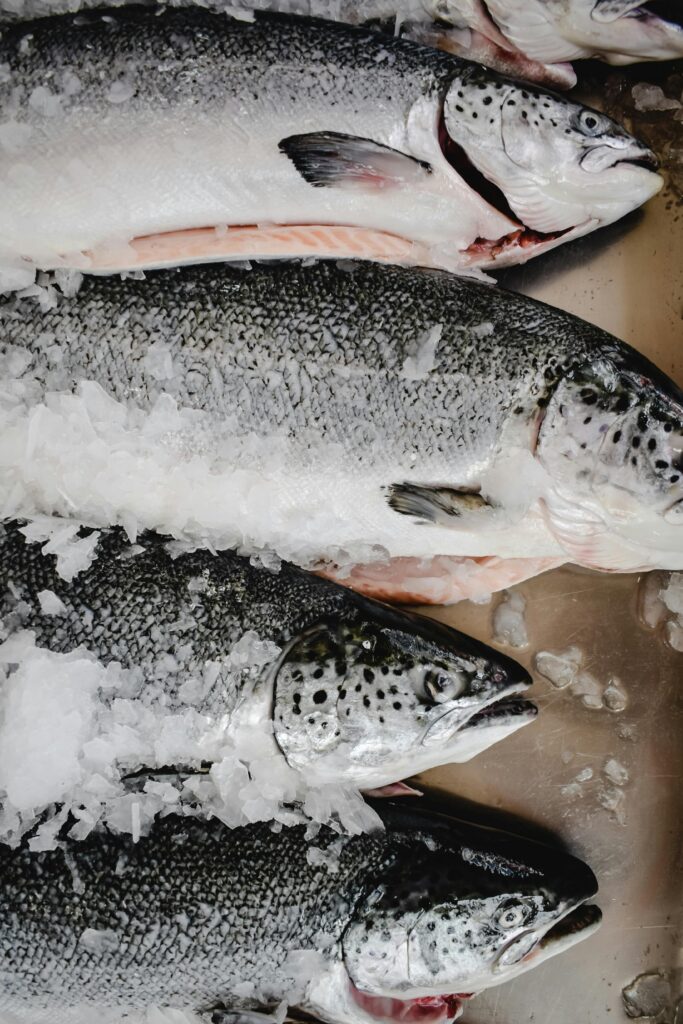
Why Salmon Sperm?
There are several reasons why chemists use salmon sperm (as opposed to other sperm?) when creating PDRN.
1
High DNA Compatibility
Salmon DNA is structurally similar to human DNA, increasing the likelihood of effective absorption and reduces the risk of immune reactions
2
Purity
The extraction process produces a highly purified PDRN with minimal contaminants
3
Sustainability
Salmon is readily available around the world, making it an accessible and sustainable ingredient
Fun Fact: Salmon DNA is actually the most structurally similar to human DNA found in nature – which makes it weirdly perfect for skincare, if you can get past the source.
How is Salmon-Sourced PDRN Harvested? Is It Ethical?
According to the PDRN patent, there are two generalized steps to harvesting salmon sperm to make PDRN:
- Sperm is collected from the testis of the salmon, and then the abdomen is split open to collect immature sperm
- The sperm is then processed to isolate and purify the PDRN
PDRN is an approved medication for tissue repair and anti-inflammatory treatments, meaning that the safety profile of PDRN is well established. However, the ethical concerns surrounding PDRN typically involve concerns about sourcing methods and animal welfare.
Are There Alternatives to Salmon Sperm Derived PDRN?
Due to growing concerns about animal welfare, overfishing, and environmental impact, serious efforts have been made to create more sustainable and ethical sources of PDRN (aka vegan PDRN), including:
- Ginseng derived PDRN
- Rice-based PDRN
- Microbial-derived (meaning derived from microorganisms or bacteria)
How Effective is PDRN?
PDRN isn’t new – it’s been used in injectable treatments (like Rejuran) for years. These in-clinic injections deliver results because they bypass the skin barrier.

Topical PDRN, by contrast, has limited penetration due to its large molecular size, meaning it doesn’t penetrate as deeply into the skin. Its effectiveness is highly dependent on the formulation and the delivery system – it’s not enough just to have PDRN in the product, you need products that are paired with peptides or hyaluronic acid to optimize absorption.
What are the Benefits of Using PDRN?
The main benefits of salmon derived PDRN revolve around skin regeneration and healing:
1
Skin Repair
Stimulates cell turnover and tissue repair; speeds up recovery of acne scars and burns
2
Anti-Aging
Improves skin elasticity and reduces fine lines
3
Hydration & Barrier Strength
Enhances moisture retention and strengthens skin barrier
4
Anti- Inflammatory
Reduces redness and soothes irritated skin
Who Shouldn’t Use PDRN?
Ask a doctor before incorporating PDRN in your routine if you have:
- Seafood allergies (not applicable if you’re using vegan PDRN)
- Active acne or infections
- Auto-immune conditions
- Are currently pregnant or breastfeeding
Final Thoughts
PDRN might sound wild at first (salmon sperm, really??), but it’s backed by years of clinical use and medical applications. While topical versions won’t give you the same results as injections, they’re a promising, science-backed option if the formulation is solid.
Bottom line? It’s worth trying if you’re curious – but set realistic expectations and maybe don’t tell your mother what it’s made from.
Would you try a serum made with salmon DNA? Let me know in the comments – or keep it between you and your fridge.

